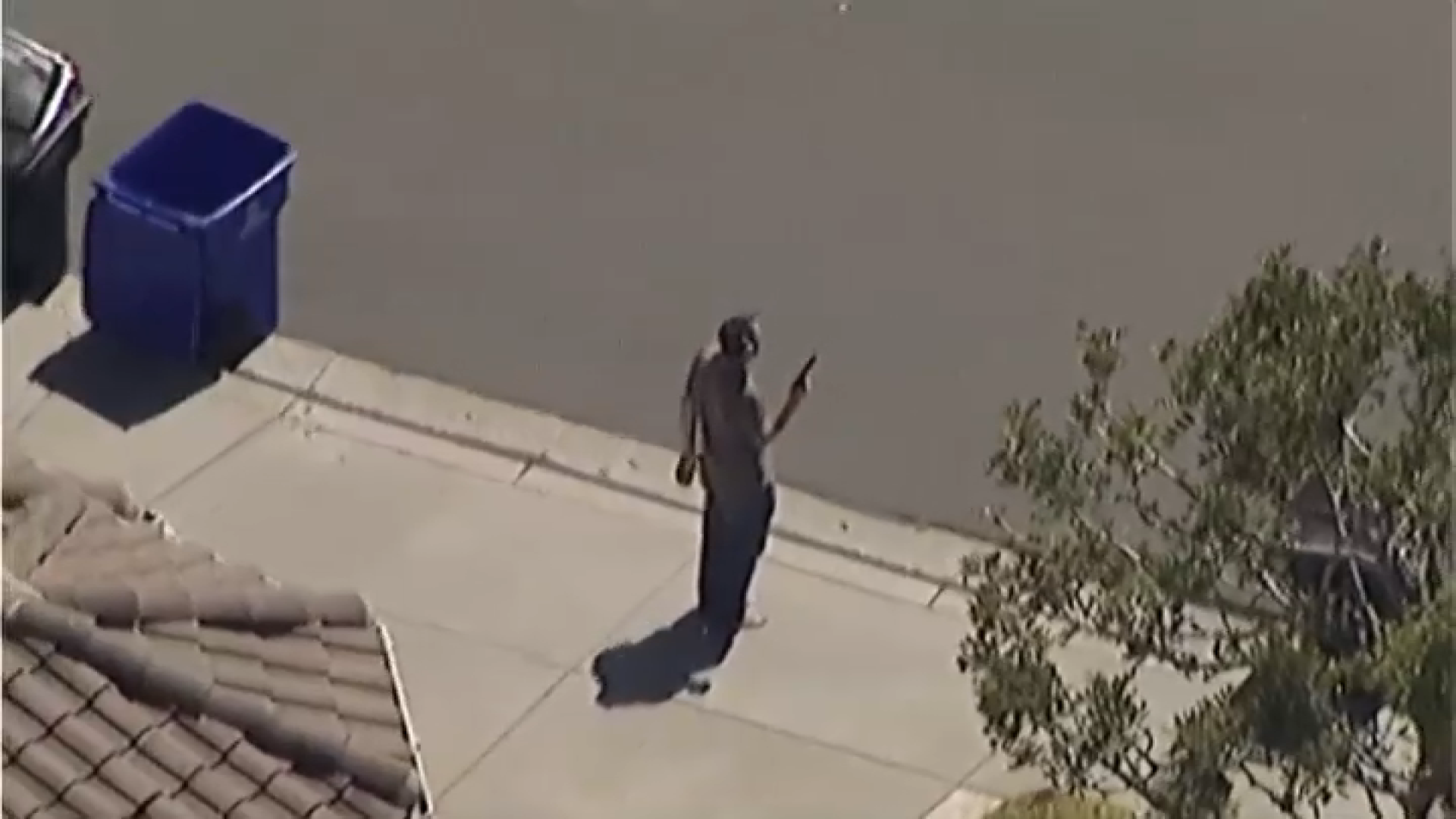Connor Sullivan is getting ready to graduate high school, but in the age of the coronavirus, he says it is unsettling: “It’s scary, and especially now that I’m planning to go off to college and possibly out of state.”
it's also unsettling because the 17-year-old has diabetes, and medical experts say that people with certain preexisting conditions are at an increased risk of serious complications from COVID-19 .
Just a few miles from Sullivan's home is the Sanford Burnham Prebys Medical Discovery Institute, though, where one-of-a-kind research is being done that could help people fight the virus.
Dr. Evan Snyder is a professor at the institute and the director of the Center for Stem Cells and Regenerative Medicine.
“We’re focused on this,” he told NBC 7.
Researchers in Snyder's lab have created the only complete multicellular "mini lung," a three-dimensional lung organoid that develops the way a real lung does.
“[It] sometimes has respiratory movement, just like a real lung has ... has all the cell types,” Snyder said.
Local
Dr. Sandra Leibel, a neonatologist, originally developed the mini lungs to help babies who had trouble breathing. Researchers soon realized that the mini lungs could be used to study lung diseases and conditions. When the COVID-19 pandemic hit, the team at the institute realized the min lungs could be vital in research and finding the best treatments for the virus.
The mini lungs are created using stems cells from skin cells, and because of that these mini lungs retain some of the cells' characteristics so that researchers can study mini lungs to compare how people of different races, sexes or preexisting conditions, like diabetes, react to the virus.
“We can really look importantly at what the virus is doing,” Snyder said.
Researchers can also use the mini lungs in a petri dish to determine what kinds of treatments and drugs are more effective in fighting COVID-19 and how much should be used, depending on a patient's health.
There is still a lot of work to be done, including human trials, but these lung organoids could certainly speed up the process, according to Snyder.
“The solutions are also probably going to be combination therapies,” Snyder said -- the good news is that many of the drugs are already FDA approved -- "we really really want to conquer this."
Those are words that give people with preexisting conditions like Sullivan some comfort as they wait to get back to their lives.
“It definitely brings me more hope,” Sullivan said.



